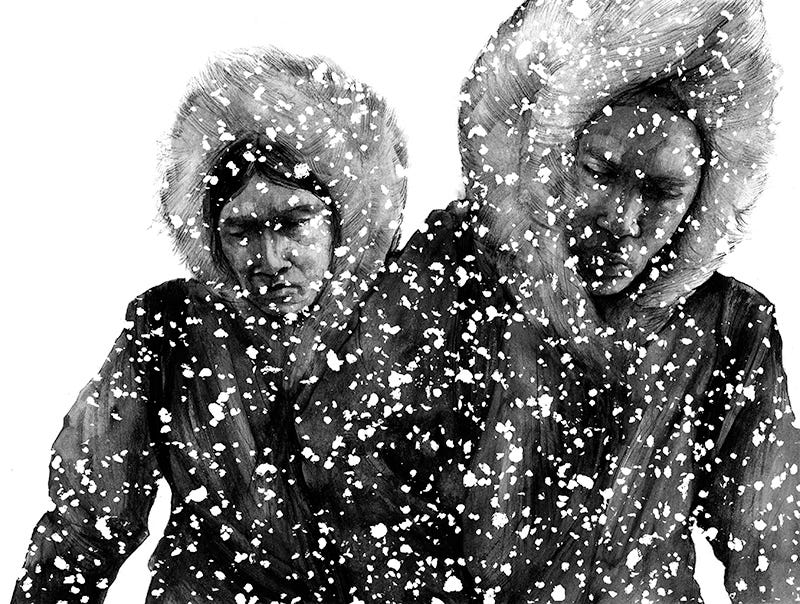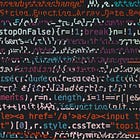Answering the wrong question: The Left Hand of Darkness
What’s the point in an answer if the question isn’t worth asking?
Welcome to Three-hundred-word Thoughts. Thoughts on things in three-hundred words or less. Honestly, the three-hundred part isn’t so much a rule as it is a catchy name. This is the first in a series of Three-hundred Word Thoughts columns about The Left Hand of Darkness by Ursula K. Le Guin.
Recently, I was having a conversation with a few friends and I asked the question: 'If you could have one mystery from across history answered, what would it be?' The conclusion was simple, knowing the answer would remove any mystery thus making the whole thing feel less interesting.
In Le Guin's sci-fi universe, the Handdara, one of the book’s two main religions, train foretellers to answer questions for people about the future. The process, as Le Guin details, involves both spirituality and sexuality and is a group activity. One that often produces answers that obfuscate the truth.
One such chapter details a person who asked a foreteller when they would die only for the foreteller to give them a day of the week as opposed to a specific date driving the asker mad with uncertainty ultimately leading to their death.
This is a clear example of what the foretellers call ‘asking the wrong question’. Take this passage from the protagonist Genly Ai's visit to the home of the foreteller known as a Fastness:
“But we in the Handdara don’t want answers. It’s hard to avoid them, but we try to.”
“Faxe, I don’t think I understand.”
“Well, we come here to the Fastness mostly to learn what questions not to ask.”
“But you’re the Answerers!”
“You don’t see yet, Genry, why we perfected and practice Foretelling?”
“No—”
“To exhibit the perfect uselessness of knowing the answer to the wrong question.”
I wrote a piece a few months ago about the futility of answering the question: 'Are we living in a simulation?' Why does the answer matter? As the Handdara would say, it’s perfectly useless.
It’s useless because the nature of our existence doesn't invalidate our existence itself. As Emily St. John Mandel writes, “A life lived in a simulation is still a life.” This is what's so beautiful about science, it's not just about answers, it's about first learning to ask the right questions.
Later in Le Guin's novel, there is a quote that beautifully sums this up:
“It is good to have an end to journey toward; but it is the journey that matters, in the end.”
It's good to have answers to some questions, but it is the question that matters most, in the end.







This was really interesting. I think this applies particularly to speculative fiction writers. I wonder if many of us are asking the wrong questions in our stories. It's fun to think about how we can expand our imaginations to ask better questions.